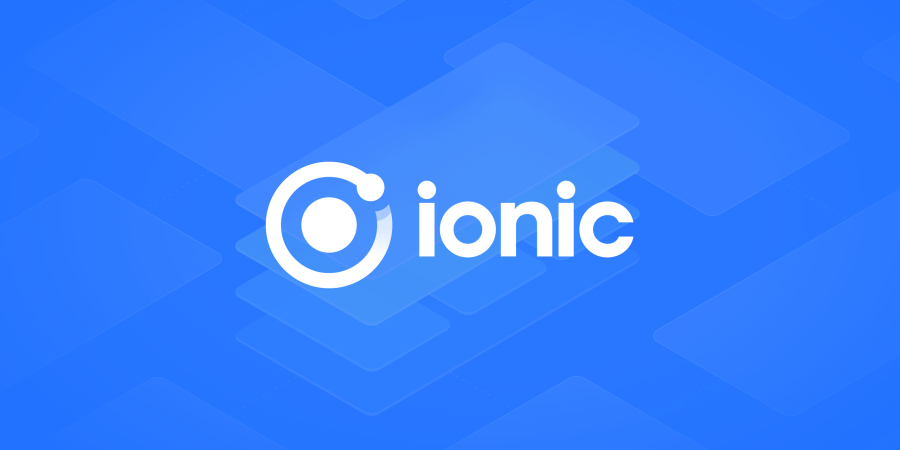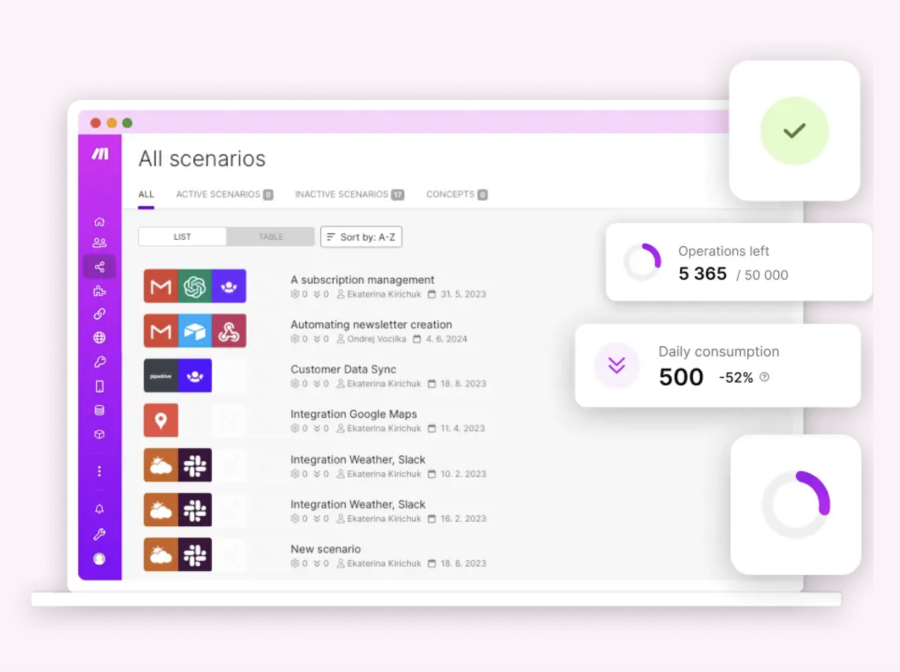Ionic Framework: Build Cross-Platform Apps with Ease
Introduction
In today’s fast-paced mobile app development world, businesses and developers need solutions that allow them to build apps quickly, efficiently, and across multiple platforms. Ionic Framework has become a leading choice for cross-platform app development, allowing developers to use web technologies like HTML, CSS, and JavaScript to create high-quality mobile applications.
In this article, we’ll explore what Ionic Framework is, its key features, advantages, and how it compares to other mobile development frameworks like React Native and Flutter.
What is Ionic Framework?
Ionic Framework is an open-source UI toolkit that helps developers build high-performance hybrid mobile apps for iOS, Android, and the web using a single codebase. It leverages web technologies like HTML, CSS, and JavaScript and integrates with popular front-end frameworks like Angular, React, and Vue.
Ionic provides a vast collection of pre-built UI components, ensuring that apps have a native-like appearance while maintaining the flexibility of web technologies. It also supports Progressive Web Apps (PWAs), making it a versatile solution for modern mobile development.
Key Features of Ionic Framework
✅ Cross-Platform Development
Ionic enables developers to write once and deploy anywhere, supporting iOS, Android, and web apps using a single codebase.
✅ Pre-Built UI Components
Ionic offers a vast library of UI components, such as buttons, modals, and navigation bars, designed to follow platform-specific guidelines.
✅ Integration with Popular Frameworks
Ionic works seamlessly with Angular, React, and Vue, making it a flexible option for developers familiar with these technologies.
✅ Capacitor & Cordova Support
Ionic integrates with Capacitor and Apache Cordova, allowing access to native device features like GPS, camera, and file system.
✅ Performance Optimization
Ionic apps are powered by WebView and native UI components, ensuring smooth performance and a native-like experience.
✅ Progressive Web Apps (PWAs) Support
With built-in PWA capabilities, Ionic enables developers to create lightweight web apps that function like native mobile apps.
✅ Live Reload & Fast Development
Developers can instantly see changes using Ionic’s live reload feature, significantly reducing development time.
Ionic vs. Other Mobile Development Frameworks
Ionic vs. React Native
| Feature | Ionic | React Native |
|---|---|---|
| Language | HTML, CSS, JS (Angular, React, Vue) | JavaScript (React) |
| UI Components | Web-based, pre-built UI toolkit | Uses native components |
| Performance | Slightly slower due to WebView | Faster, uses native rendering |
| Learning Curve | Easier (for web developers) | Requires React knowledge |
| Platform Support | iOS, Android, Web (PWA) | iOS, Android |
Ionic vs. Flutter
| Feature | Ionic | Flutter |
|---|---|---|
| Language | JavaScript, TypeScript | Dart |
| UI Components | Web components | Custom widgets |
| Performance | Good, but relies on WebView | Excellent, uses native rendering |
| Learning Curve | Easy for web developers | Steeper (Dart language) |
| Platform Support | iOS, Android, Web (PWA) | iOS, Android, Desktop, Web |
While React Native and Flutter focus on native rendering, Ionic remains one of the best choices for web developers looking to build hybrid apps quickly.
Why Choose Ionic for Mobile App Development?
✅ Faster Development Time
Ionic’s reusable UI components and live reload feature allow developers to build and test apps faster than traditional native development.
✅ Web & Mobile Compatibility
Ionic apps can be deployed as native apps, progressive web apps (PWAs), or desktop apps, offering greater flexibility.
✅ Open-Source & Community Support
With a large developer community and extensive documentation, Ionic provides plenty of resources for troubleshooting and innovation.
✅ Cost-Effective Development
By using a single codebase for multiple platforms, Ionic reduces development costs and speeds up the time-to-market for businesses.
Real-World Use Cases of Ionic
🔹 eCommerce Apps
Ionic helps businesses build fast-loading, responsive online stores with PWA support for a seamless shopping experience.
🔹 Healthcare & Fitness Apps
With its ability to integrate with wearable devices and health APIs, Ionic is widely used for health and fitness applications.
🔹 Enterprise Applications
Ionic’s scalability and security features make it a great choice for building internal enterprise apps.
🔹 On-Demand Service Apps
From ride-sharing to food delivery, Ionic provides the tools to develop efficient service-based applications.
Getting Started with Ionic Framework
1️⃣ Install Ionic CLI
2️⃣ Create a New Ionic Project
3️⃣ Run the App in a Browser
4️⃣ Build for Android or iOS
With just a few commands, you can have a working Ionic mobile app up and running!
Conclusion
Ionic Framework is a powerful, flexible, and cost-effective solution for cross-platform app development. With built-in UI components, native integration, and PWA support, it’s an excellent choice for businesses and developers looking to build high-quality mobile applications using web technologies.
🚀 Ready to build your first Ionic app? Start today and take your app development skills to the next level!
Have experience using Ionic? Share your thoughts in the comments below! ⬇️















